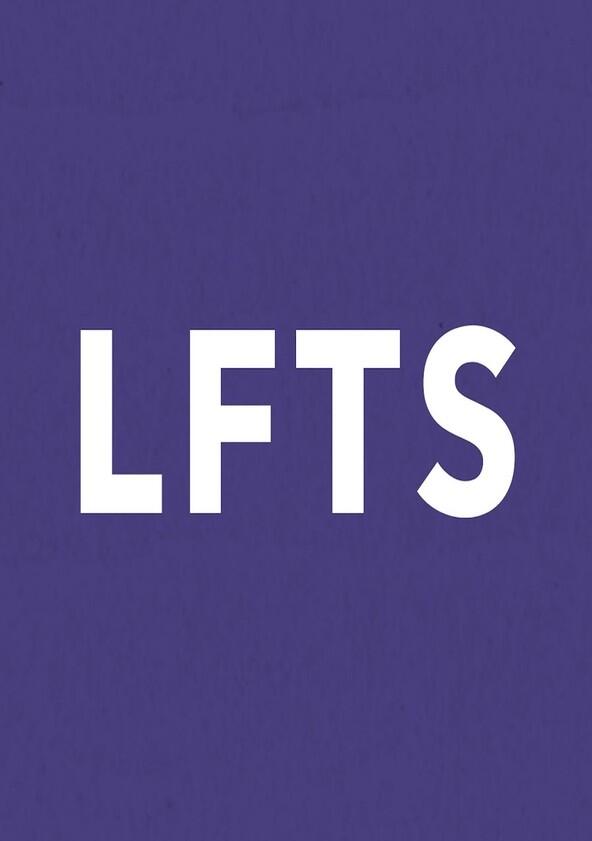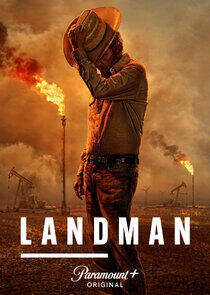Lessons from the Screenplay - Season 2 / Year 2016

Season 2 / Year 2016

Episodes

Gone Girl — Don't Underestimate the Screenwriter
Gone Girl uses classic screenwriting techniques to tell its twisty, modern noir story. This video examines three of the techniques used by screenwriter Gillian Flynn to see how and why they work so well.

Independence Day — What Makes It So Great
Most disaster movies are comprised of boring characters, uninteresting antagonists, and a ton of so-what deus-ex-machina action scenes. Independence Day manages to avoid these pitfalls and succeed where most movies fall short, making it a memorable and exciting film 20 years after its release. On the eve of the release of its sequel, Independence Day: Resurgence, I examine a few techniques that the screenplay for ID4 executes well.

How Ghostbusters Became Ghostbusters
The screenplay for Ghostbusters is actually pretty underwhelming if you only focus on the details. But if you zoom out and look at the macro-scale of writing — coming up with a premise and figuring out how to execute it — Ghostbusters stands as a great example of the importance of execution. It's not just what your story is about, it's how you tell it.

American Beauty (Part 1) — The Art of Character
American Beauty is one of my favorite films, and there are so many lessons to be learned from its fantastic screenplay. In this video I cover how screenwriter Alan Ball designs and reveals character.

American Beauty (Part 2) — The Missing 27 Pages
In the last week of editing, director Sam Mendes cut out a big portion of the film. Why? What are in the missing 27 pages that were cut from screenwriter Alan Ball's original version of American Beauty?

The Dark Knight — Creating the Ultimate Antagonist
Heath Ledger's performance as The Joker is universally celebrated—and with good reason—but there is more to the character than his excellent performance. In this video I analyze what makes The Joker the perfect antagonist for The Dark Knight.

Nightcrawler — Empathy for the Antihero
The protagonist of Nightcrawler is motivated, clever, and a sociopath — and despite him taking unforgivable actions, the audience stays engaged in the story. Why? This video analyzes how to create empathy for an antihero.

Moonrise Kingdom — Where Story Meets Style
In Moonrise Kingdom, Wes Anderson's style is the perfect match for the story. He uses details to create a believable world, establishes the rules of this fantastical story, and creates a tone that forms a connection between the audience and the characters of Suzy and Sam.

The Shining — Quietly Going Insane Together
The Shining, more than any other horror film, frightens me on a deep, psychological level. This video explores what exactly makes it so creepy.

Whiplash vs. Black Swan — The Anatomy of the Obsessed Artist
A comparison of how the tale of the obsessed artist is told in Darren Aronofsky's "Black Swan" starring Natalie Portman, Mila Kunis, and Vincent Cassel, and Damien Chazelle's "Whiplash" starring Miles Teller and J. K. Simmons.

Ex Machina — The Control of Information
At its most basic level, a story is simply information being communicated over time. Ex Machina is a great example of how a screenwriter's ability to carefully control a story's information can make for a compelling film.
Recently Updated Shows

NCIS
NCIS (Naval Criminal Investigative Service) is more than just an action drama. With liberal doses of humor, it's a show that focuses on the sometimes complex and always amusing dynamics of a team forced to work together in high-stress situations. Leroy Jethro Gibbs, a former Marine gunnery sergeant, whose skills as an investigator are unmatched, leads this troupe of colorful personalities. Rounding out the team are Anthony DiNozzo, an ex-homicide detective whose instincts in the field are unparalleled and whose quick wit and humorous take on life make him a team favorite; the youthful and energetic forensic specialist Abby Sciuto, a talented scientist whose sharp mind matches her Goth style and eclectic tastes; Caitlin Todd, an ex-Secret Service Agent; and Timothy McGee, an MIT graduate whose brilliance with computers far overshadows his insecurities in the field; Assisting the team is medical examiner Dr. Donald "Ducky" Mallard, who knows it all because he's seen it all, and he's not afraid to let you know. From murder and espionage to terrorism and stolen submarines, these special agents travel the globe to investigate all crimes with Navy or Marine Corps ties.

Landman
Set in the proverbial boomtowns of West Texas, Landman is a modern day tale of fortune seeking in the world of oil rigs. The series is an upstairs/downstairs story of roughnecks and wildcat billionaires fueling a boom so big, it's reshaping our climate, our economy and our geopolitics.

The Creep Tapes
Based on a collection of videotapes in the secret vault of the world's deadliest and most socially uncomfortable serial killer, who hires his victims to film him for the day under false pretenses, each episode exposes a new victim from one of the fabled 'Creep Tapes'.

America's Funniest Home Videos
ABC's longest-running primetime entertainment show, America's Funniest Home Videos, returns for season 36 this fall with the same mission -- giving families something genuinely funny to enjoy together on Sunday nights.
"AFV," the longest-running primetime entertainment show in ABC history, returns for season 36 with the same mission - to provide viewers with hysterical moments that fly by at a dizzying pace.

The Real Housewives of Potomac
Just up the river from our nation's capital lies a hidden gem—Potomac, Maryland. Its rolling hills, gated mansions, sophisticated prep schools, and exclusive country clubs all serve to keep the area invitation-only. Sprinkled throughout this community are a handful of old-line, wealthy African-American families who have historically broken racial barriers to provide a life of privilege for their children. The Real Housewives of Potomac follows the upscale lives of six intriguing, well-to-do women: Gizelle Bryant, Katie Rost, Karen Huger, Charrisse Jackson-Jordan, Robyn Dixon, and Ashley Darby, all of whom have fought for their places in this society by way of legacy or marriage. In a town where entry is granted only through class, pedigree, and lineage, how far will these ladies go to secure their spot at the top of this prestigious circle?